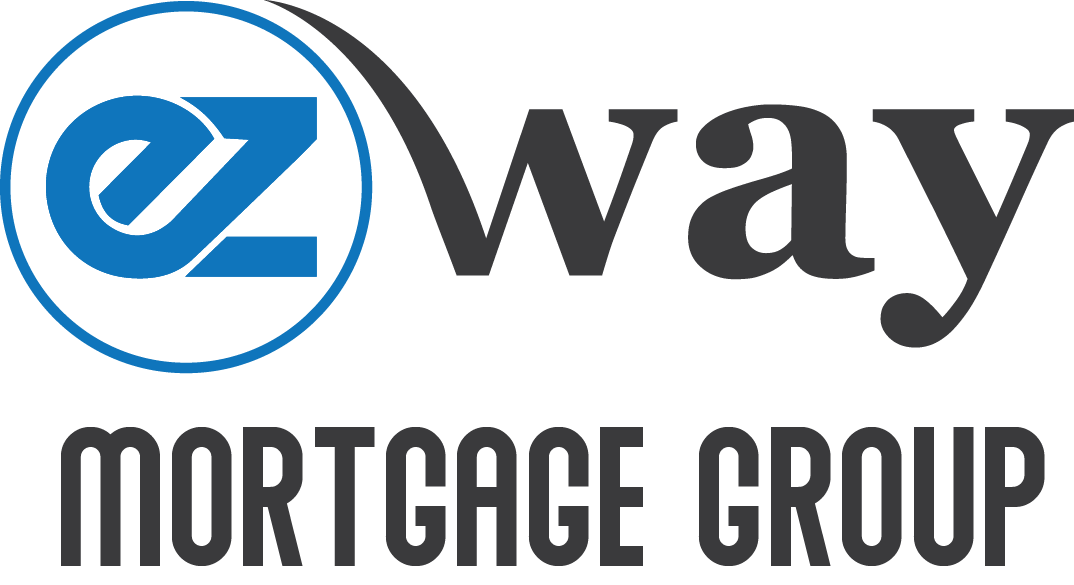LOAN PROCESS
The first step in obtaining a loan is to determine how much money you can borrow. In case of buying a home, you should determine how much home you can afford even before you begin looking. By answering a few simple questions, we will calculate your buying power, based on standard lender guidelines.
Home loans come in many shapes and sizes. Deciding which loan makes the most sense for your financial situation and goals means understanding the benefits of each. Whether you are buying a home or refinancing, there are 2 basic types of home loans. Each has different reasons you'd choose them.
1) Fixed Rate Mortgage
Fixed rate mortgages usually have terms lasting 15 or 30 years. Throughout those years, the interest rate and monthly payments remain the same. You would select this type of loan when you:
- Plan to live in home more than 7 years
- Like the stability of a fixed principal/interest payment
- Don't want to run the risk of future monthly payment increases
- Think your income and spending will stay the same
2) Adjustable Rate Mortgage
Adjustable Rate Mortgages (often called ARMs) typically last for 15 or 30 years, just like fixed rate mortgages. But during those years, the interest rate on the loan may go up or down. Monthly payments increase or decrease. You would select this type of loan when you:
- Plan to stay in your home less than 5 years
- Don't mind having your monthly payment periodically change (up or down)
- Comfortable with the risk of possible payment increases in future
- Think your income will probably increase in the future
By carefully considering the above factors and seeking our professional advice, you should be able to select the one loan that matches your present condition as well as your future financial goals.
Although lenders conform to standards set by government agencies, loan approval guidelines vary depending on the terms of each loan. In general, approval is based on two factors: your ability and willingness to repay the loan and the value of the property.
Once your loan application has been received we will start the loan approval process immediately. Your loan processor will verify all of the information you have given. If any discrepancies are found, either the processor or your loan officer will troubleshoot to straighten them out. This information includes:
- Income/Employment Check
- Is your income sufficient to cover monthly payments? Industry guidelines are used to evaluate your income and your debts.
- Credit Check
- What is your ability to repay debts when due? Your credit report is reviewed to determine the type and terms of previous loans. Any lapses or delays in payment are considered and must be explained.
- Asset Evaluation
- Do you have the funds necessary to make the down payment and pay closing costs?
- Property Appraisal
- Is there sufficient value in the property? The property is appraised to determine market value. Location and zoning play a part in the evaluation.
- Other Documentation
- In some cases, additional documentation might be required before making a final determination regarding your loan approval.
In order to improve your chances of getting a loan approval:
- Fill out your loan application completely. You may use our online forms to expedite the process.
- Respond promptly to any requests for additional documentation especially if your rate is locked or if your loan is to close by a certain date.
- Do not move money into or from your bank accounts without a paper trail. If you are receiving money from friends, family or other relatives, please prepare a gift letter and contact us.
- Do not make any major purchases until your loan is closed. Purchases cause your debts to increase and might have an adverse affect on your current application.
- Do not go out of town around your loan's closing date. If you plan to be out of town, you may want to sign a Power of Attorney.
After your loan is approved, you are ready to sign the final loan documents. You must review the documents prior to signing and make sure that the interest rate and loan terms are what you were promised. Also, verify that the name and address on the loan documents are accurate. The signing normally takes place in front of a notary public.
There are also several fees associated with obtaining a mortgage and transferring property ownership which you will be expected to pay at closing. Bring a cashiers check for the down payment and closing costs if required. Personal checks are normally not accepted. You also will need to show your homeowner's insurance policy, and any other requirements such as flood insurance, plus proof of payment.
Your loan will normally close shortly after you have signed the loan documents. On owner occupied refinance loan transactions federal law requires that you have 3 days to review the documents before your loan transaction can close.
